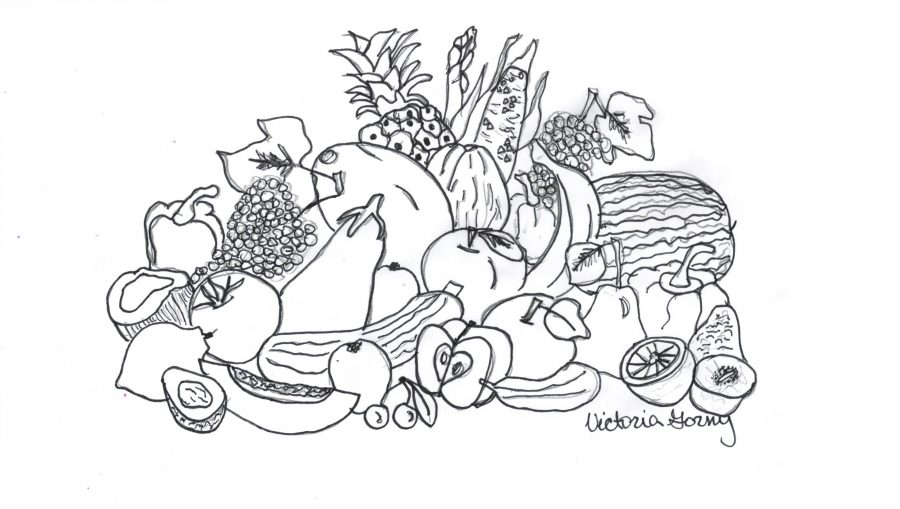GMO: Cause for concern or grocery stores’ saving grace?
Genetically modified foods abound in the aisles of local grocery stores.
GMO. It peeks from the fine print and hides in long lists of “enriched” foods. Genetically modified organisms are created by splicing a gene from a bacteria or a virus into a crop, making it resistant to chemical herbicides used to eliminate unwanted weeds.
According to Leigh Erin Connealy, M.D. from Newport Natural Health, genetically modified organisms have been on the market since 1996 and encompass nearly three quarters of the processed food products consumed in America alone.
David Zilberman, a U.C. Berkeley agricultural and environmental economist, affirms that the production of GMO products has reduced food prices in countries that implement it large-scale, such as America, and increases crop yields by 20 or even 30 percent.
“I don’t have a problem with it,” said Mrs. Gina Horne, chemistry teacher. “It makes sense that if you can use science to reduce costs and benefit people.”
While the vegetables, fruits, and grains themselves have not proved dangerous, the agricultural processes involved in industrial farming may create bigger issues down the road. Monsanto’s Roundup herbicide, concocted to destroy weeds and other unwanted plants from the fields of soybeans, corn and cotton, could get loose into untreated fields and create unintended issues.
“Pope Francis is a big proponent of the environment,” said Mrs. Ann Perez of the religion department. “Any time we start altering genetics or using chemicals for food, it gets into the issue of playing God, which is a gray area.”
Whether one is for or against GMO food, a substance being put into your body should always be approached with caution. The possibility of feeding impoverished nations with stronger, bigger, better products sounds positive, but the uncharted waters of health issues and risk of cross-contamination places GMO food on unstable, chemical-soaked ground. Legislation regulating GMO labeling, open and honest communication from multi-billion dollar corporations such as Monsanto, and extensive research and education about our food should be not only expected, but non-negotiable. People aren’t assets immune to the risks of unexplored food; they are people whose lives and health must be held responsibly and carefully by those who provide them with nourishment.
“Consumers should be given the knowledge to make decisions in regard to the food they purchase for themselves and their families, and for the health of my own daughter,” said Mrs. Perez.
“If you have concerns, do your research to make an educated decision,” adds Mrs. Horne.
Your donation will support the student journalists of Saint Viator High School. Your contribution will allow us to purchase equipment and cover our annual website hosting costs.








